Urban Hurricane Safety: Maneuvering Through A City During A Hurricane

Urban Hurricane Safety: Maneuvering Through a City During a Hurricane
Introduction
As the frequency and intensity of hurricanes continue to rise, it has become more important than ever to be prepared and equipped with the necessary knowledge to navigate through one safely. This includes knowing what to do in an urban setting during a hurricane, where buildings, high-rises, and other structures can pose unique challenges and hazards. This article will provide valuable information on how to stay safe and prepare for a hurricane when living or working in a city.
Understanding Hurricane Hazards in an Urban Setting
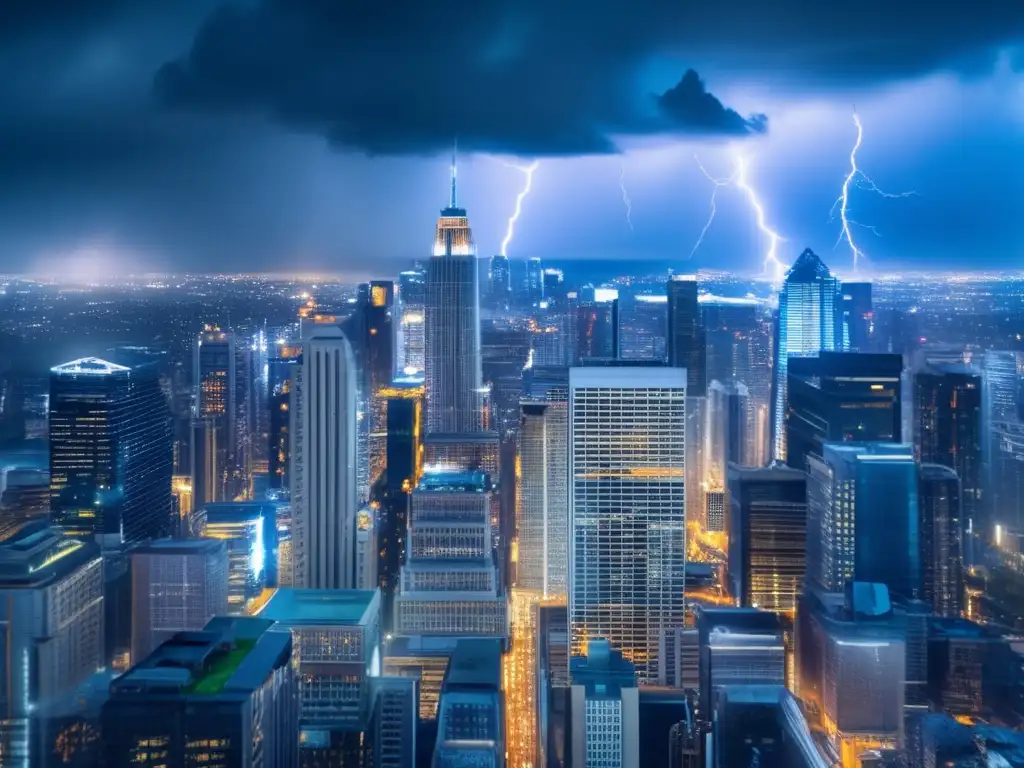
The Danger of Flying Debris
One of the most significant hazards during a hurricane in an urban setting is flying debris. High winds can cause anything from tree branches to large signs, windows, and construction materials to become projectiles that endanger people and property. To mitigate this risk, secure or move any loose objects around your home or office, and avoid being outside when the wind speeds exceed 45-50 mph.
Flooding and Drainage Issues
Another risk factor during a hurricane in an urban environment is flooding. Cities can have poor drainage systems, making it difficult to manage the influx of rainwater. Therefore, it's essential to stay away from low-lying areas, underground tunnels, and basements during a storm. Before the storm hits, identify potential flood zones in your neighborhood and make a plan to evacuate if necessary.
Building Collapse and Structural Damage
High-rise buildings can be particularly vulnerable during a hurricane due to wind force and structural damage. Falling glass and debris from these structures can also pose a severe threat for people walking below or nearby. Make sure to identify the safest interior space in your building, and avoid being near windows or any glass structures. If you're living or working in a high-rise, it’s essential to know the building's evacuation plan and follow it closely.
Preparing for a Hurricane in an Urban Setting
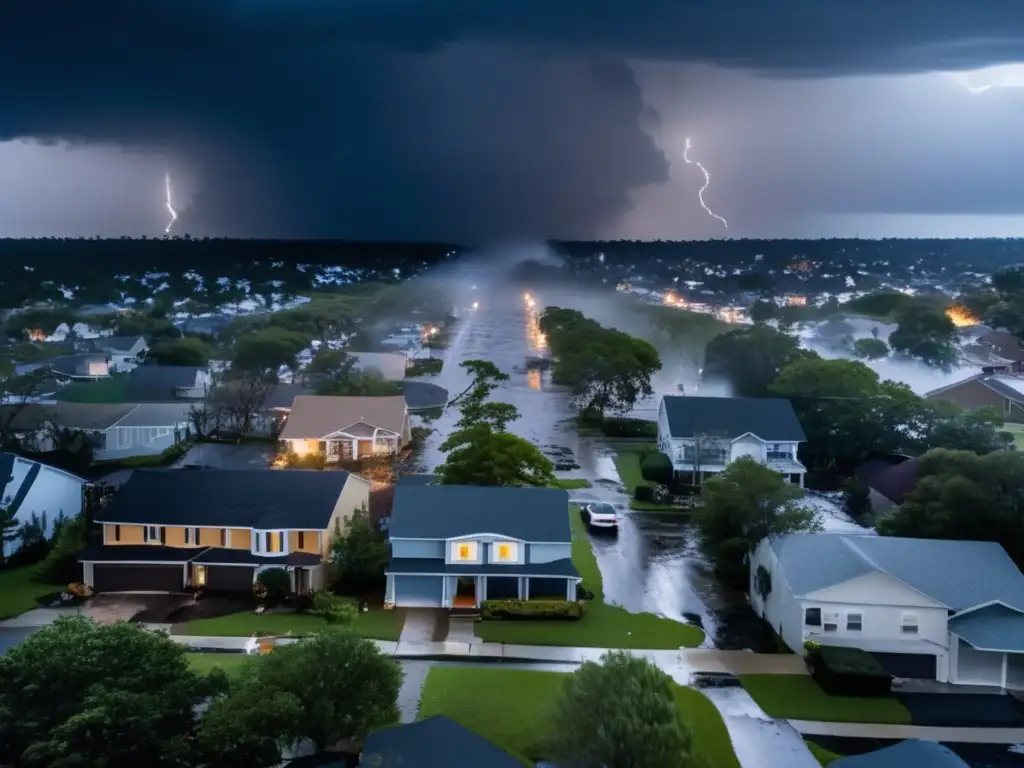
Developing an Emergency Plan
To minimize the impact of a hurricane, having a solid emergency plan in place is crucial. Start by identifying your home or office's safe locations, emergency exits, and route to higher ground. Stock up on essential supplies like food, water, and medication and have a disaster supply kit ready to go. Keep important documents, like insurance papers and identification, in a waterproof container.
Securing Your Home or Office
Before the storm hits, ensure that your windows are protected and that any loose objects outside are safely stored. Reinforce your roof and seal any potential leaks or cracks. If you live in an apartment, make sure to inform your landlord of any concerns well in advance. Keep a list of emergency contacts handy, including your power company, insurance agency, and local authorities.
Staying Informed
During a hurricane, information is crucial. Stay tuned to local news and weather updates, and follow the instructions provided by emergency officials. Consider investing in a battery-powered radio or hand crank-powered device to stay connected if power goes out. If you're living in areas prone to hurricanes, consider downloading an emergency app that will keep you informed on the latest developments.
What to Do During a Hurricane in an Urban Setting
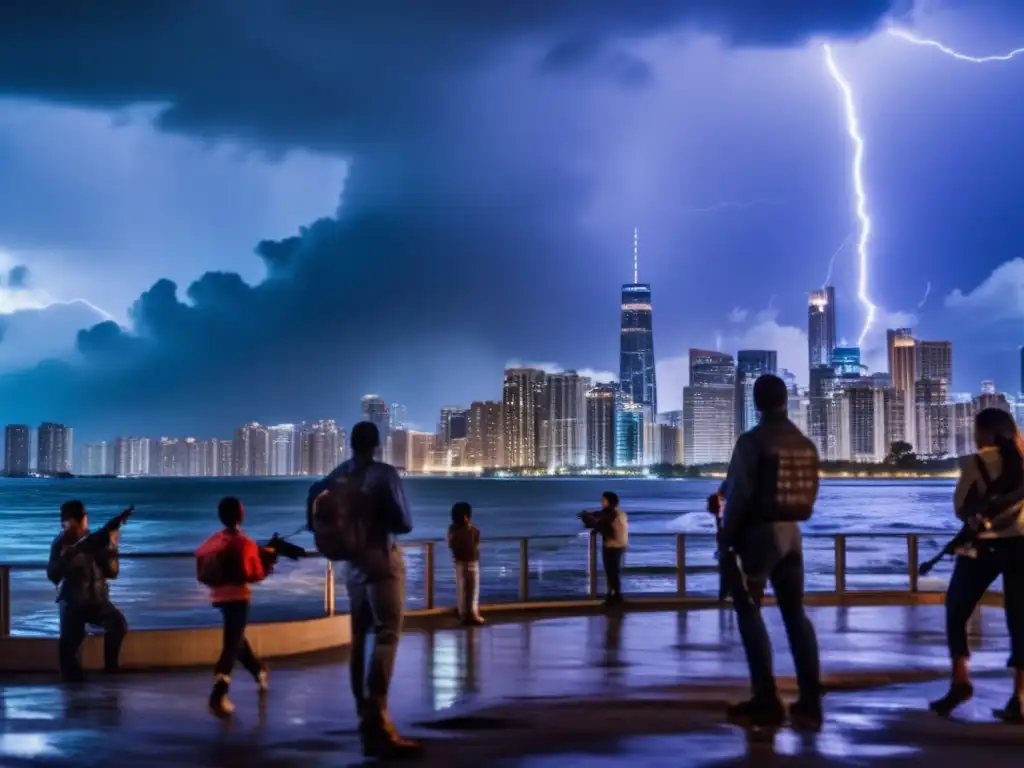
Stay Indoors and Away From Windows
If you're in an urban area, staying inside is usually the safest option. Avoid being near windows or any glass structures, as it can shatter due to the wind force or flying debris. Stay away from high-rise buildings and basements and move to an interior room without windows. If possible, stay on a lower level, as winds tend to be stronger at higher elevations.
Stay Hydrated and Well-Nourished
It's essential to keep yourself well hydrated and nourished during a hurricane. Have adequate supplies of food and water, and avoid overeating if you're feeling stressed or anxious. If water supplies are limited, drink only bottled water or boil all water before drinking to avoid contamination.
Charge Your Devices and Stay Connected
Make sure to charge your mobile devices before the storm hits and have backup power options available. Stay connected with friends and families through social media or communication apps like WhatsApp or Viber. Use text messages instead of phone calls as they use less network bandwidth and can get through during high traffic periods.
Frequently Asked Questions

-
What should I do if I live in a high-rise building during a hurricane?
If you live in a high-rise building, the safest option is to stay indoors and move to an interior room without windows. Many high-rise buildings have an emergency evacuation plan and shelter in place kits, so make sure to familiarize yourself with those.
-
What if I live in a flood-prone area?
If you live in a flood-prone area, it's essential to identify safe areas and evacuation routes. If authorities issue an evacuation order, follow it closely, and move to higher ground.
-
Is it safe to go outside during a hurricane to move my car or secure any loose objects?
No, it's not safe to go outside during a hurricane. Flying debris and high winds can pose significant risks, so stay indoors and avoid going outside until the storm subsides.
-
What should I do if I experience power outages during a hurricane?
If you experience power outages during a hurricane, try to conserve your battery-powered devices and use them sparingly. Use flashlights instead of candles to avoid fire hazards. If you have a generator, make sure to use it in a well-ventilated area and follow the manufacturer's instructions.
-
What should I do after the hurricane has passed?
After the hurricane has passed, stay tuned to local news and updates to learn about any road closures or other hazards. Check your home or office for any damage, and contact your insurance company if necessary. Avoid walking or driving through flooded areas, as water levels can be deceptive and contain hidden debris or hazards.
Conclusion
Maneuvering through a city during a hurricane requires preparation, awareness, and smart decision-making. By understanding the unique dangers and hazards that come with urban environments during a hurricane, you can take proactive steps to minimize risk and stay safe. Always remember to stay informed, develop an emergency plan, and prepare a disaster supply kit to mitigate any potential danger. Stay safe, stay aware, and be prepared.
Additional Resources
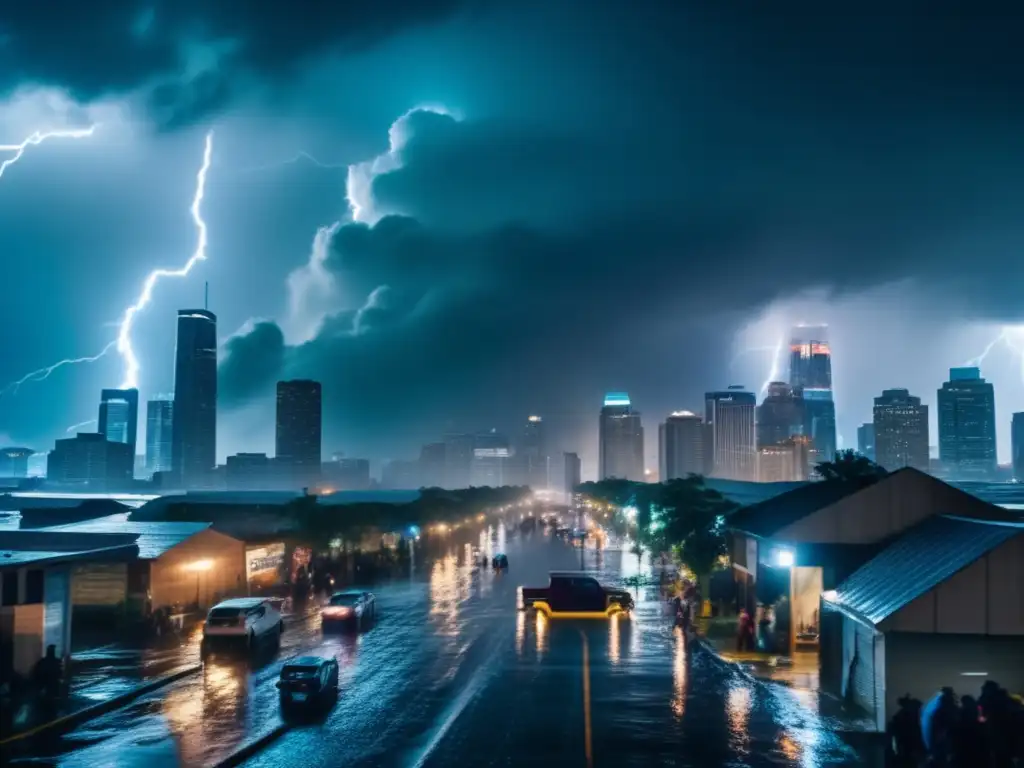
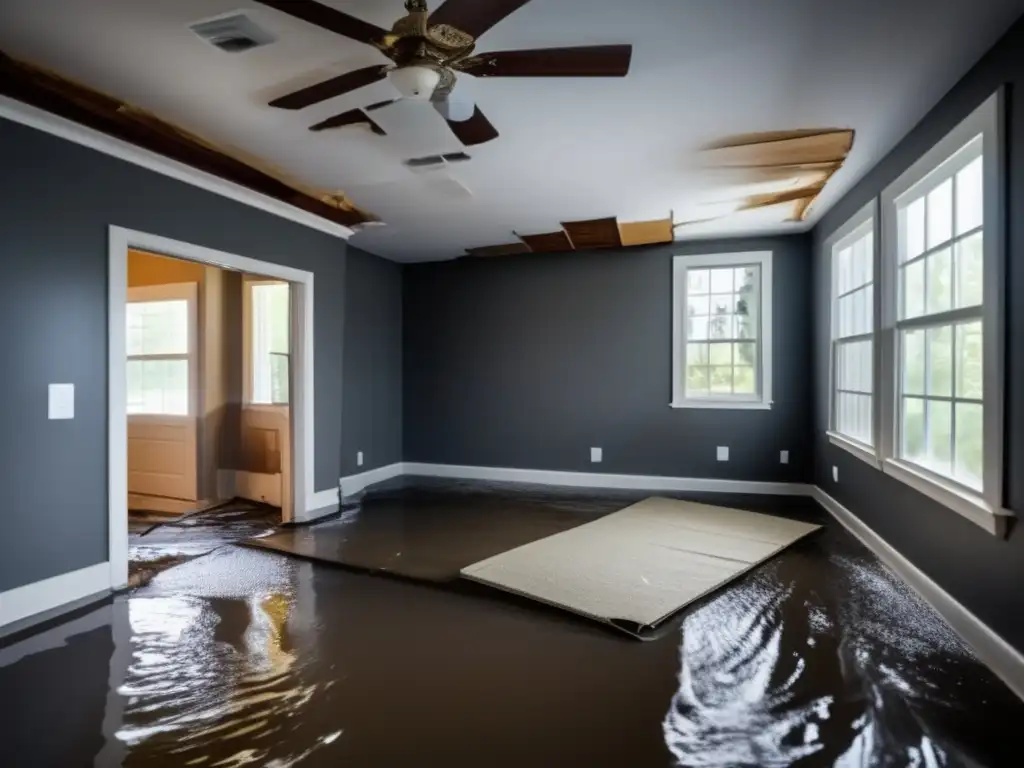 Staying Dry: Managing Leaks And Water Intrusion During A Hurricane
Staying Dry: Managing Leaks And Water Intrusion During A Hurricane Creating An Indoor Safe Zone For Hurricanes
Creating An Indoor Safe Zone For Hurricanes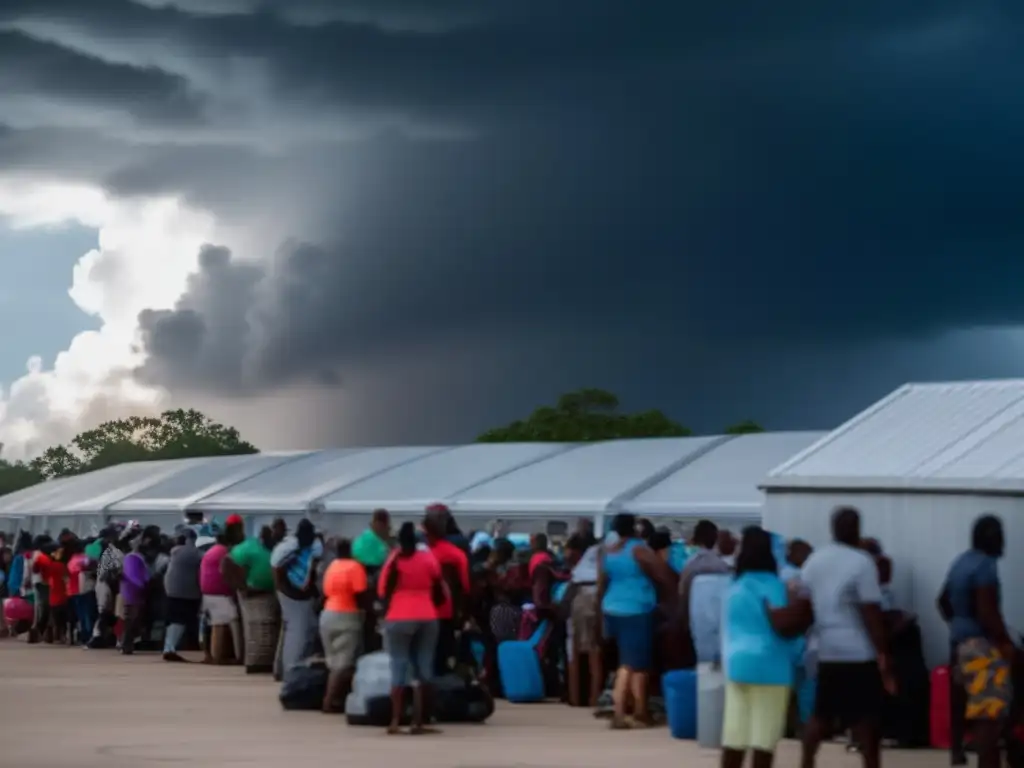 Listening To Authorities: Following Official Instructions During A Hurricane
Listening To Authorities: Following Official Instructions During A HurricaneIf you want to discover more articles similar to Urban Hurricane Safety: Maneuvering Through A City During A Hurricane, you can visit the During the hurricane: category.
Leave a Reply

Articulos relacionados: